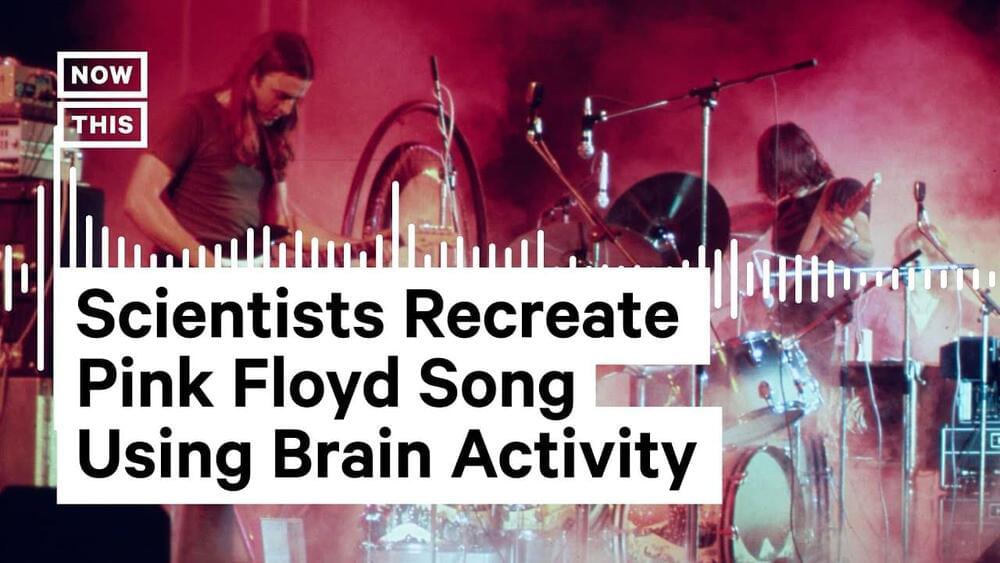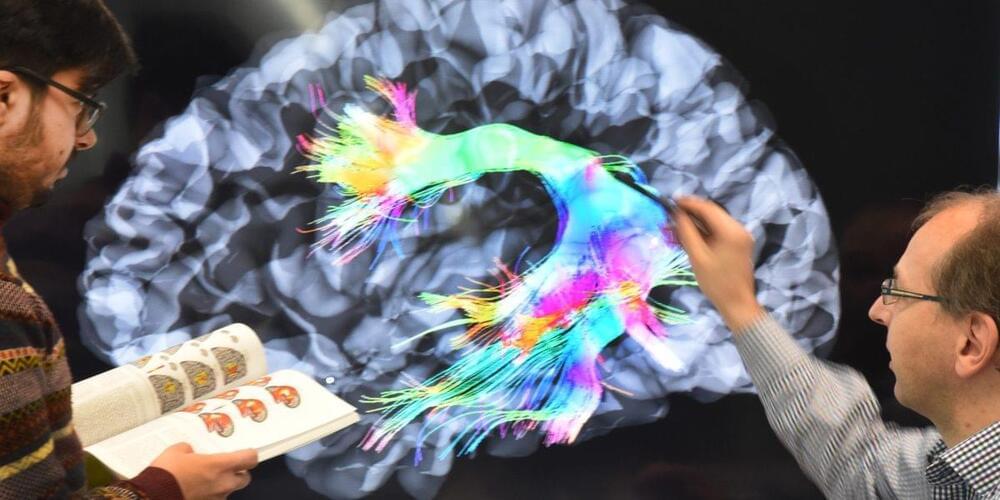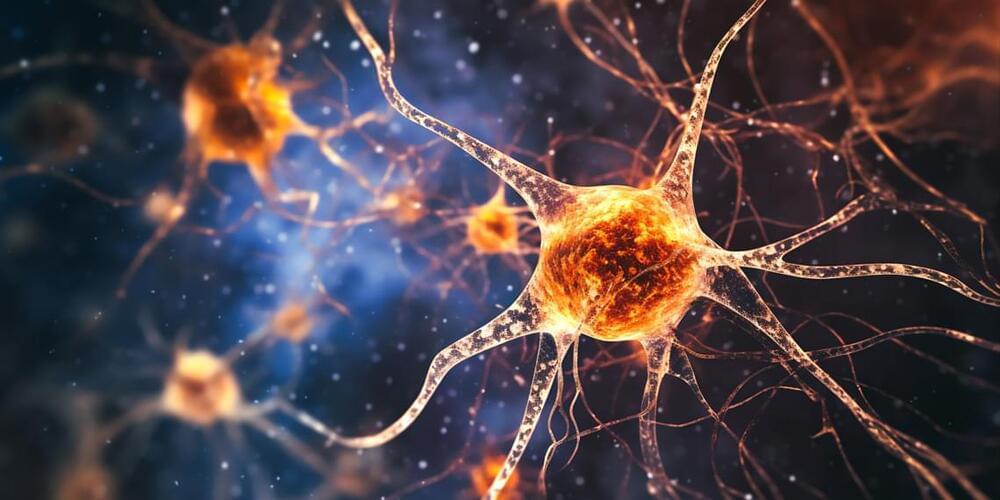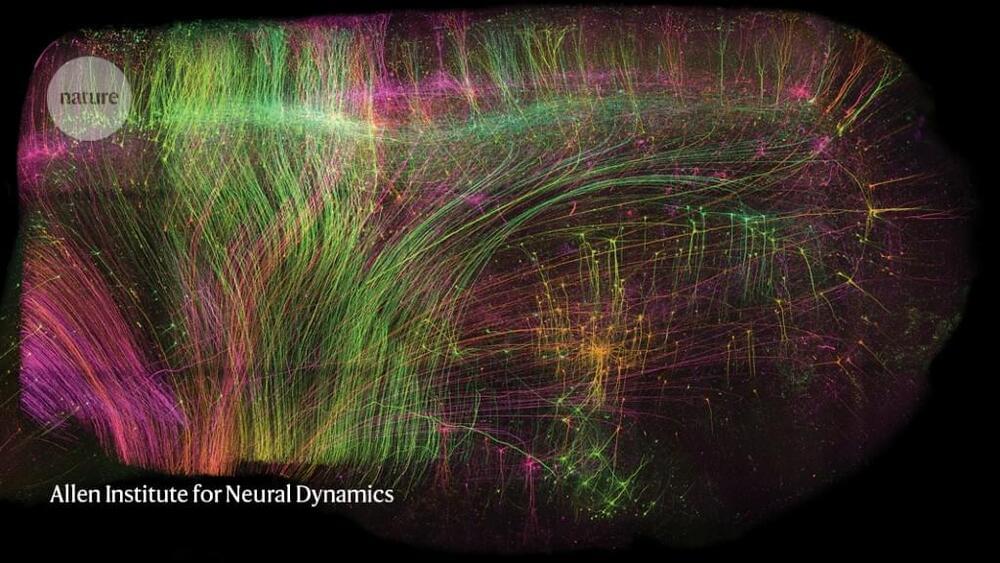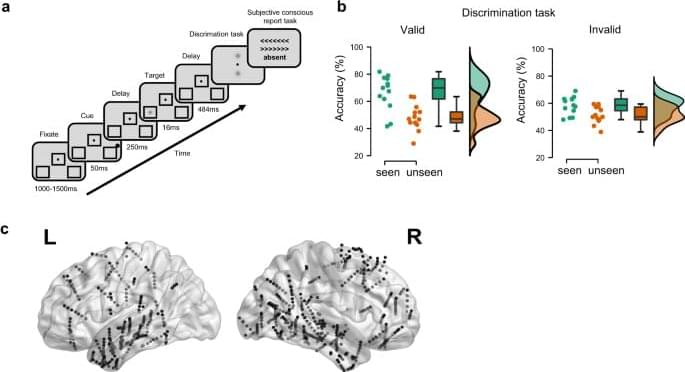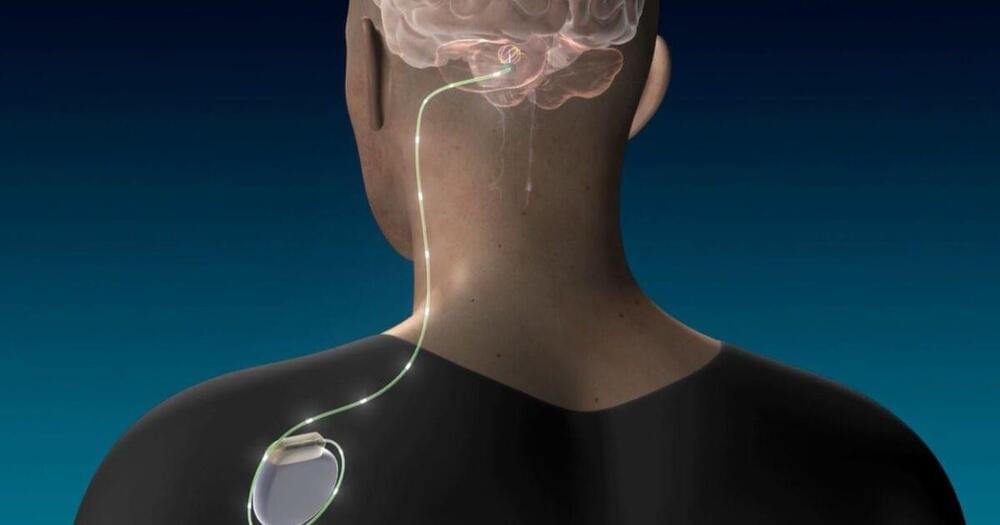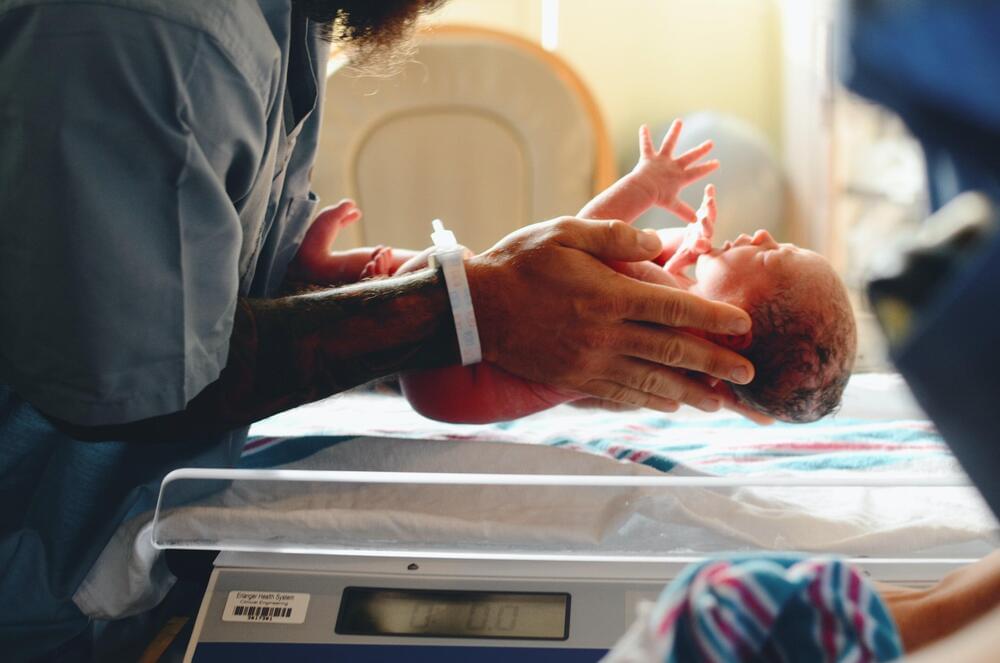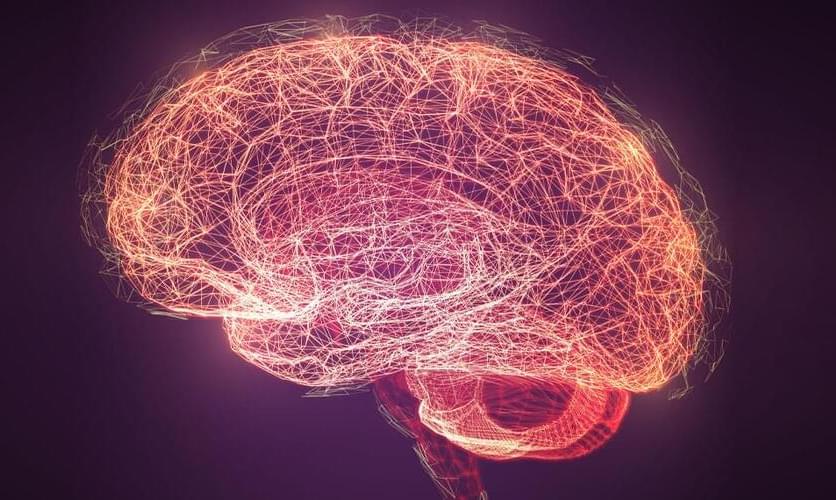
A team of scientists recently aimed to better understand consciousness and its pathologies by studying the neural activity of patients with disorders of consciousness and healthy volunteers using brain imaging technology. They identified two crucial brain circuits implicated in consciousness. The results of the study have been published in Human Brain Mapping.
Consciousness is a complex and subjective experience, and there is still much debate among scientists and philosophers about its nature and origin. However, in clinical settings, doctors treating patients with severe brain injuries and disorders of consciousness need to find ways to help their patients, regardless of the exact definition of consciousness. The authors of the new study sought to better understand the mechanisms behind the pathological loss of consciousness and its recovery, as well as to have reliable ways to assess the state of the patients.
“In recent years, many studies have tried to objectively assess levels of consciousness using various neuroimaging techniques. While these studies have improved how we diagnose patients with disorders of consciousness, they haven’t fully explained how consciousness comes about,” explained study author Jitka Annen, a postdoctoral researcher at the Coma Science Group at the University of Liege.
